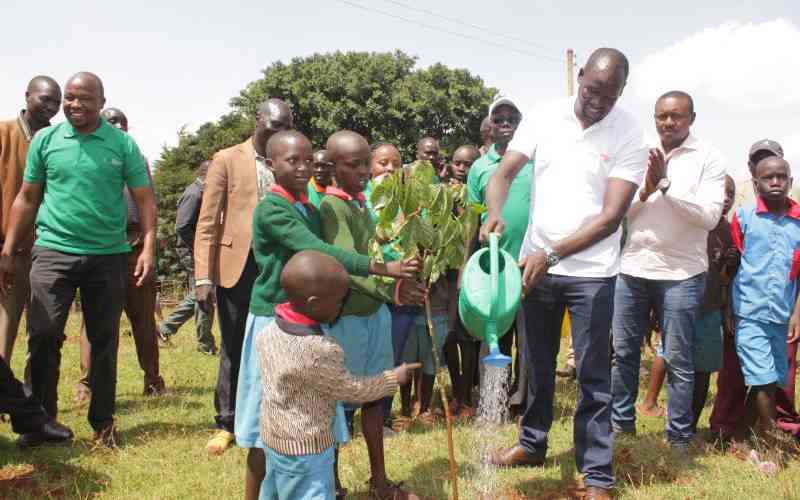×
The Standard e-Paper
Home To Bold Columnists

The world celebrated Teachers Day on Thursday, with a focus on their role in "transforming education" and what they need to excel.
Teachers help nations achieve key long-term goals. We have one on climate change. Climate change poses significant risks to food security through crop failure, aided by pests, diseases and unpredictable rain patterns.